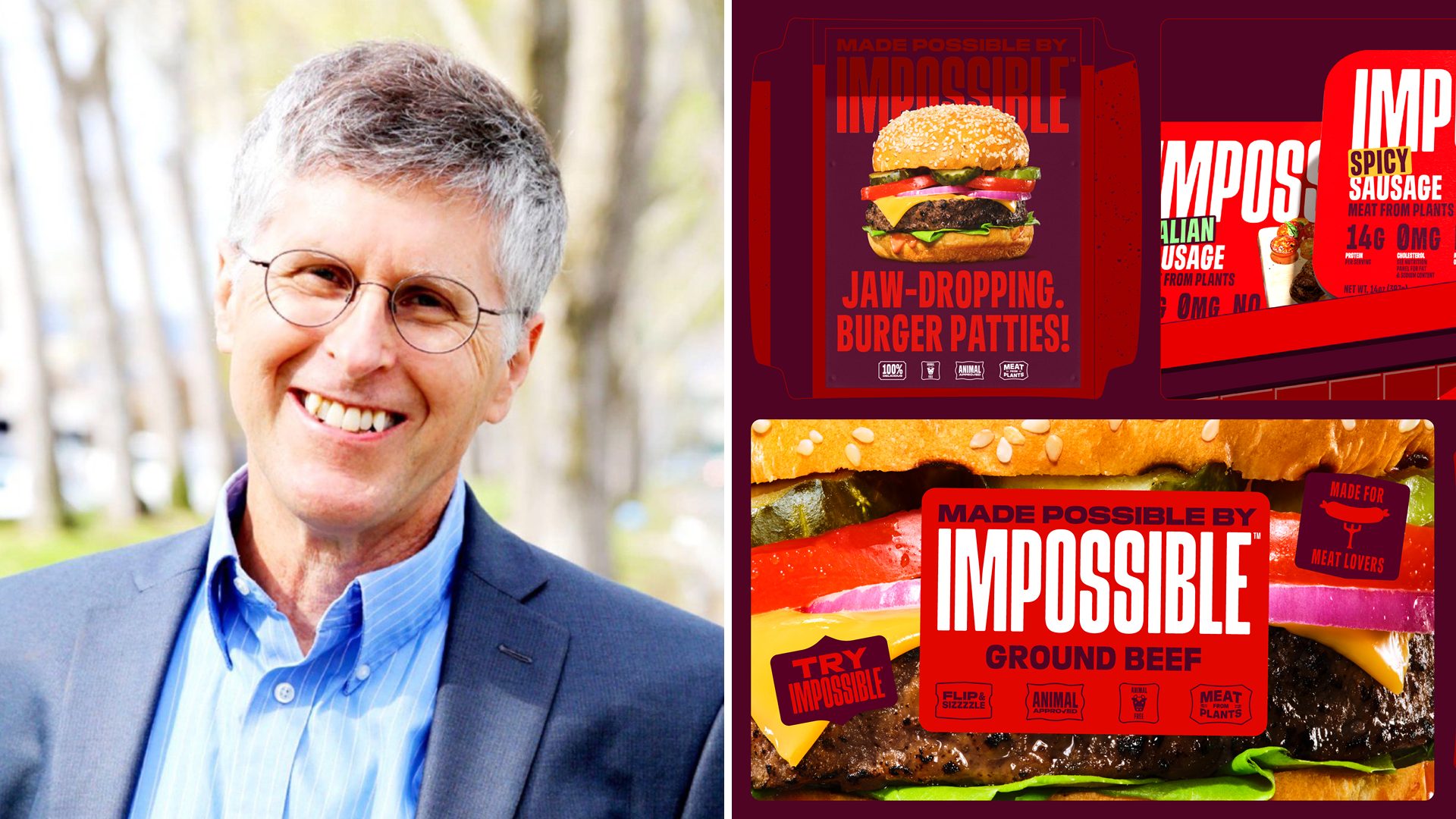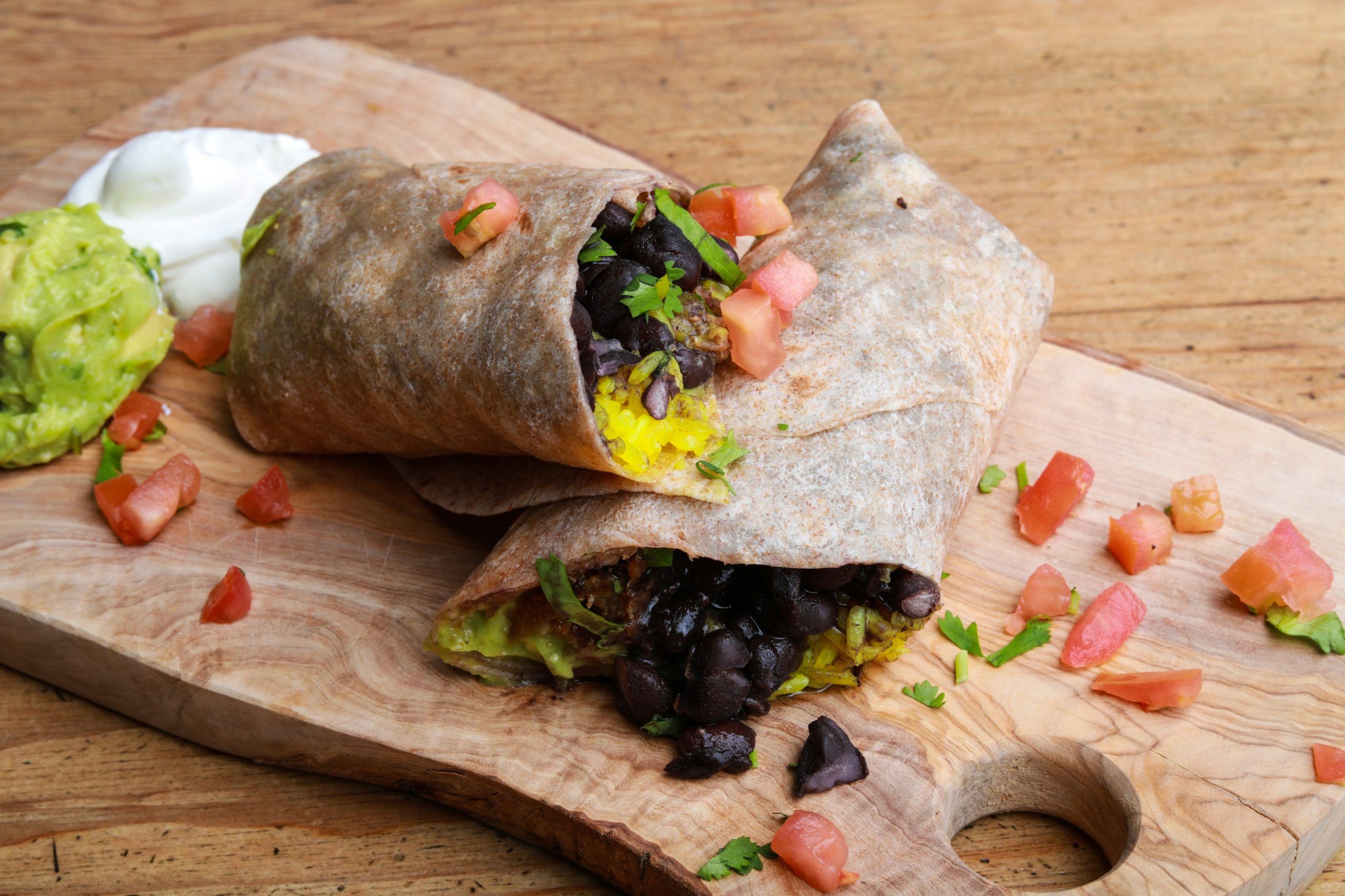Plant-based trailblazer Just Egg has seen a uptick in menu placement at college and university dining halls recently. The Food Institute sat down with Matt Riley, CRO at Eat Just Inc, to discuss the company’s industry-wide growth, growing pains, and pursuit of price parity with traditional eggs.
Sales Boom on College Campuses
Over the past year, Just Egg has witnessed significant growth in the number of colleges and universities (C&U) menuing its liquid and frozen pre-folded egg substitutes. According to Riley, the company doubled C&U product placements in 2022 and added another 50% year-to-date in 2023.
This growth further establishes college and university food service establishments as key revenue drivers for Just Egg and plant-based companies industry wide.
C&U is “a strategically important channel for us” said Riley, adding that college students are the company’s bullseye targets. “These are early adopters for any brand and we want to impress upon them that our product is better for them, better for the planet, and better for animals.”
Key Differentiators
Riley attributes Just Egg’s allergen free positioning as big part of its success in the C&U space and beyond. “Our pre-cooked frozen product always was soy free [and] we’ve just reformulated our liquid to eliminate soy, so we’re basically free of all top nine allergen concerns.”
As consumers become more critical of the plant-based category’s health claims, Riley believes Just Egg is in a slightly better position than some other alternative products because the egg alternatives are now allergen free — and the company plans to continue improving its labels.
“Usually, plant-based is synonymous with better for you, and I think generally that is the case,” said Riley. “But you also want to make sure that consumers are clear on what the ingredients are, what the additives are, and that there are no mysterious elements in the ingredient deck.”
As the self-proclaimed “inventor of plant egg”, Just has also had the opportunity to manage the dialogue and narrative around the category, unlike more saturated plant-based categories like meat and dairy.
“As we make strategic choices on where to put our money, engaging consumers around why they should care about plant egg is an important part of our choice set. We will continue to do that, and I think we’re going to be doing it alone for the foreseeable future. There’s really nobody stepping in, in my estimation, in a meaningfully differentiated way.”
Overall Performance by Industry Segment
Food service currently holds the biggest growth opportunities for Just Egg, thanks in part to high visibility partnership wins with QSRs like Caribou Coffee and Barnes & Noble and travel venues including United Airlines and Carnival Cruise Lines.
Riley believes this traction will continue to accelerate the company’s balance sheet. “This year and into next year, we expect food service to be roughly 50% of our revenue just like out-of-home and home is roughly 50/50.”
Just Egg also continues to add points of distribution at retail, but the company “is not immune to escalating costs.”
“I think there [are] general headwinds across all CPGs as consumers are rethinking their budgets and [navigating] all of the challenges associated with food inflation,” said Riley. “After taste, consumers quickly migrate to value.”
To bolster growth in this challenging economic climate, the company is also building partnerships with branded manufacturers who are looking for plant-based egg as an ingredient, like Alpha Foods and Crepini.
A Challenging Road to Price Parity
Since Just Egg launched at double the price of premium eggs in 2017, it has always been the company’s mission to reach parity.
“There was a moment in time where we were actually cheaper on a per egg basis, versus commodity egg,” said Riely, adding that it didn’t last long given the history of volatility in egg pricing, which is driven by numerous factors including supply, disease, and inflation.
Over time the company has refocused its aspiration to be at parity with the premium free range organic egg—a roughly 50 cent equivalent.
“We delivered that all the way up until January of this year when we took our first price increase. Now we’re about 15% – 20% higher than premium eggs in retail,” said Riely.
While that has an impact on overall sales performance, “we remain committed to providing consumers with delicious food that’s readily available and isn’t unaffordable.”











